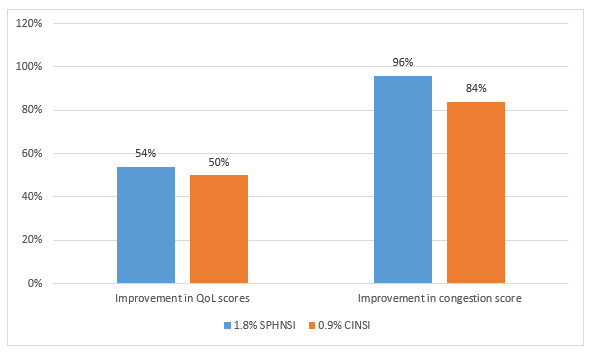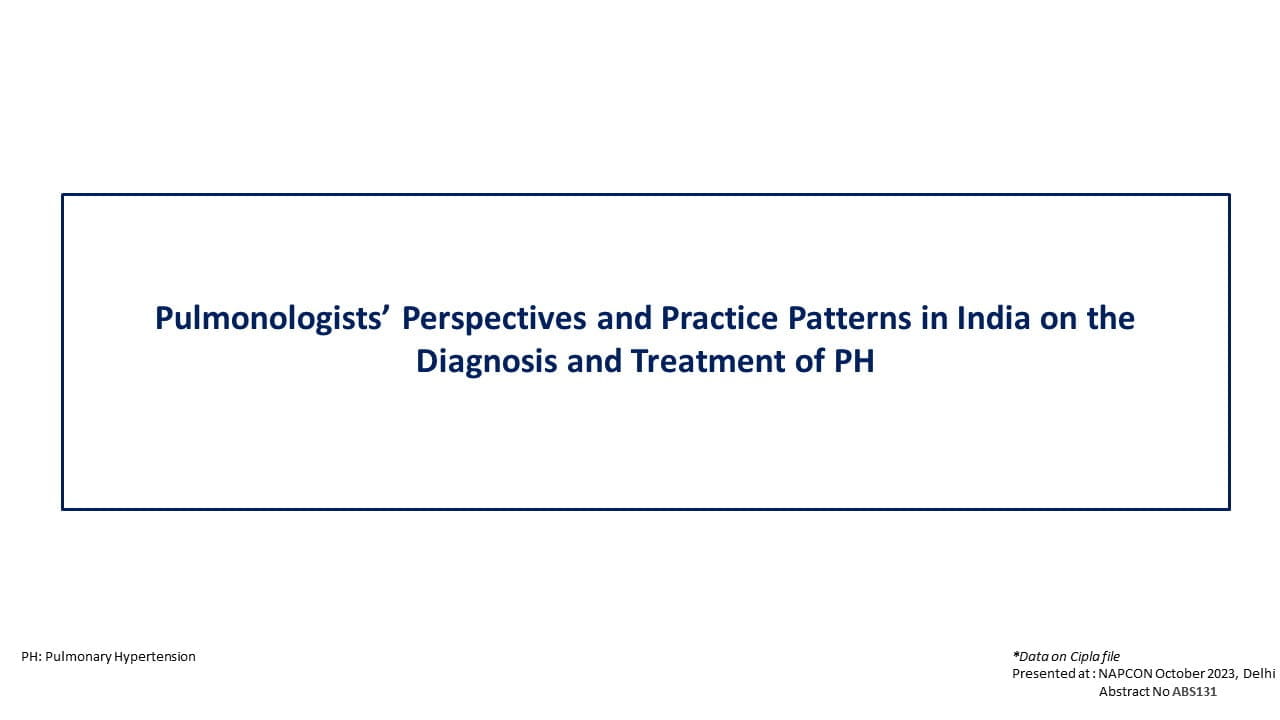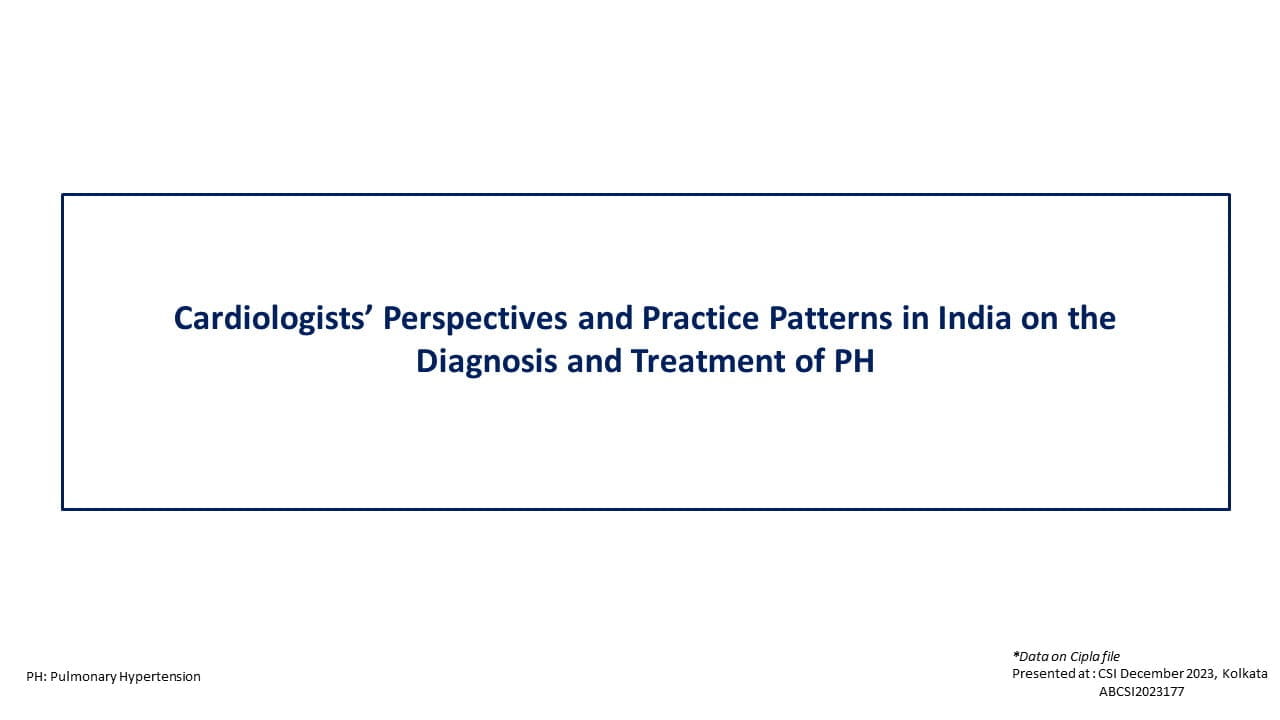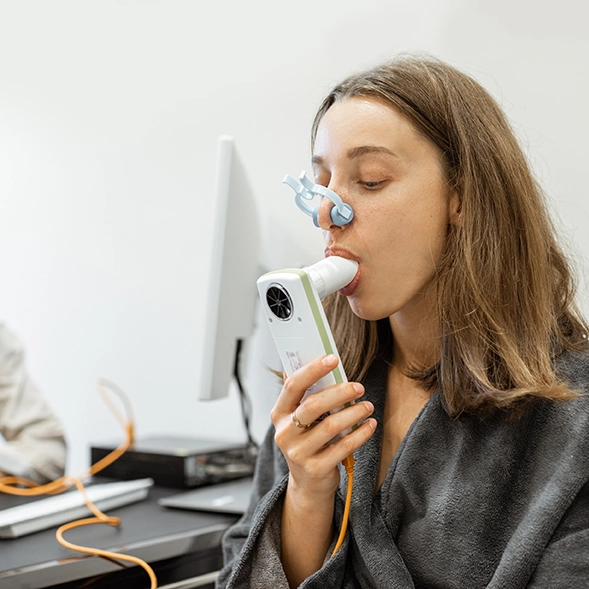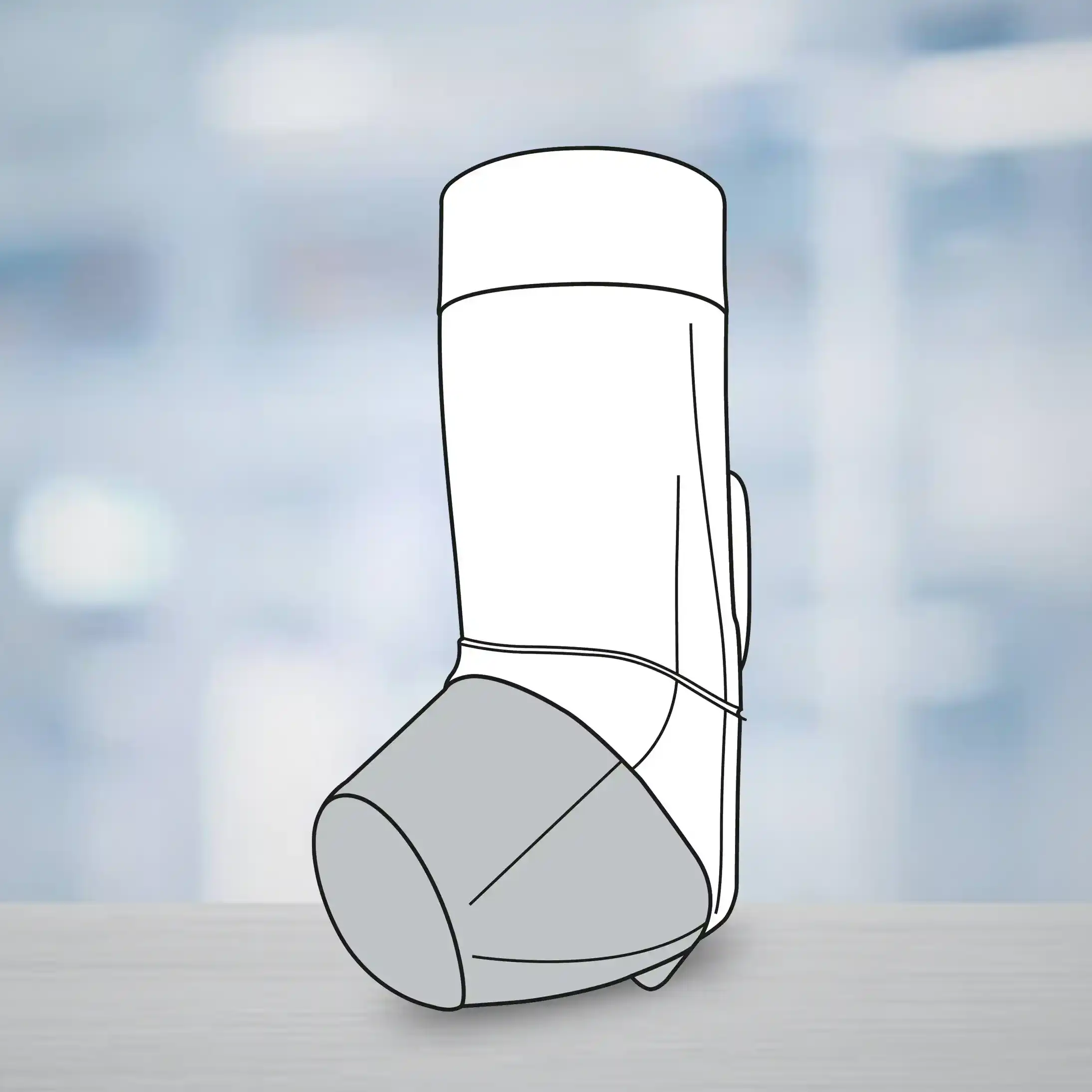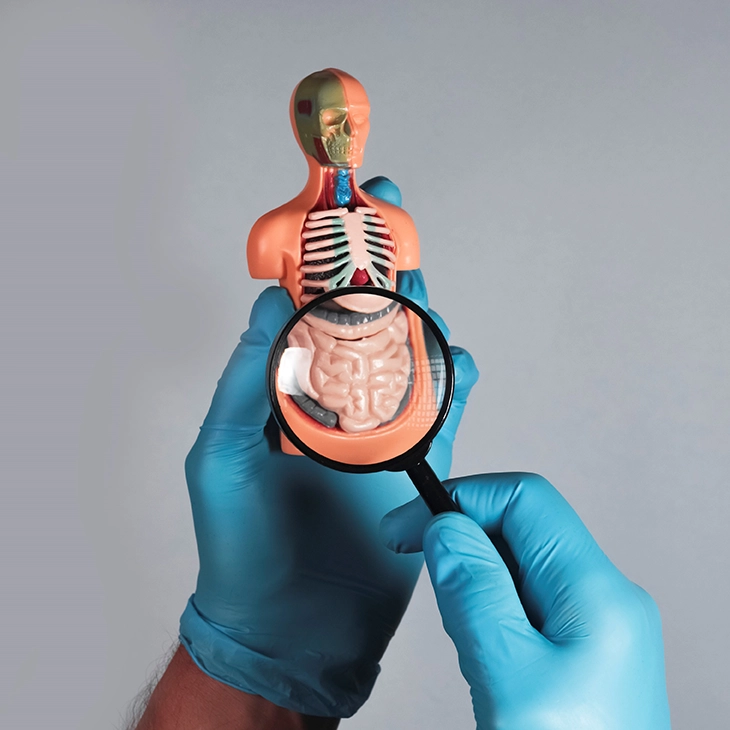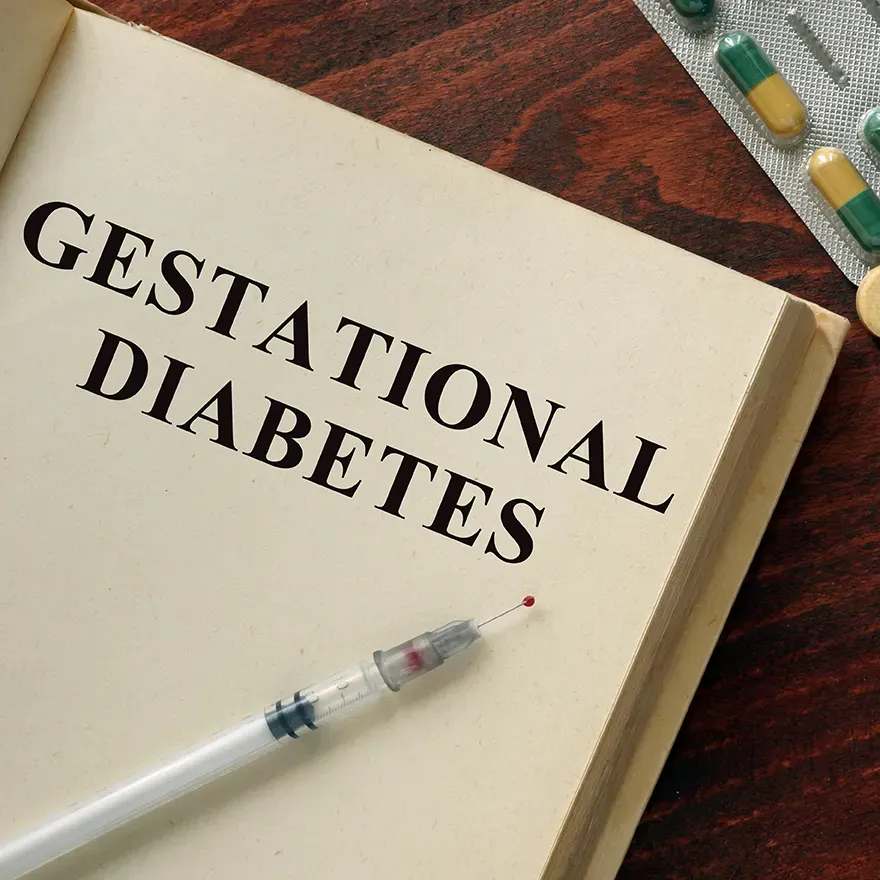Self-Prepared Hypertonic Nasal Saline Irrigation Alleviates Nasal Congestion and Improves Quality of Life in Allergic Rhinitis
Introduction
Nasal irrigation with hypertonic or isotonic saline has been an effective adjunctive therapy in allergic rhinitis (AR) across many countries. However, its widespread use has been limited due to high costs and supply problems. Adverse events have also been reported to increase with the increasing concentrations of sodium chloride. These issues could be resolved with aqueous 1.8% sodium chloride solution prepared by patients using drinking water. However, the clinical efficacy and safety needs to be evaluated.
Aim
The efficacy and safety of 1.8% self-prepared hypertonic nasal saline irrigation (1.8% SPHNSI) was compared with 0.9% commercial isotonic nasal saline irrigation (0.9% CINSI) in patients with AR.
Methods
Study design
- Randomized, single-blinded, active-controlled, parallel-group trial
- Patients aged >18 years with history of allergic cause and >1 symptoms – nasal congestion, runny nose, itchy nose or sneezing more than 4 days/week and more than 4 weeks/year
- Patients were randomized to nasal irrigation with 80 ml of either 1.8% SPHNSI or 0.9% CINSI twice daily for 4 weeks
- Follow up at baseline, week 2 and week 4
Endpoints
- Improvement of quality of life (QoL) scores with allergic rhinoconjunctivitis (Rcq-36)
- Clinical symptoms using total nasal symptom scores (TNSS)
- Incidence of adverse events (AEs)
Results
- A total of 78 patients were recruited
- 1.8% SPHNSI group comprised of 35 patients and 0.9% CINSI group included 43 patients
- At week 4, the 1.8% SPHNSI group had significant improvement in the QoL scores (54% vs 50%; p=0.032) as seen in figure 1.
- Significant improvement in the congestion scores was reported in 96% in the 1.8% SPHNSI group as compared to 84% (p=0.018) as seen in figure 1.
- The incidence of AEs were higher in the study group (54% vs 28%) at week 2
- The number of AEs decreased and was similar in both the groups at week 4
- The most common AE was nasal irritation with mild severity requiring no additional treatment
Conclusion
- Regular use of 1.8% self-prepared hypertonic nasal saline irrigation (1.8% SPHNSI) for 4 weeks is safe in patients with allergic rhinitis
- 1.8% SPHNSI is more efficacious than 0.9% commercial isotonic nasal saline irrigation in improving the quality of life and reducing the nasal congestion
Asian Pac J Allergy Immunol. 2018 Dec 9. Doi: 10.12932/AP-090618-0331.


